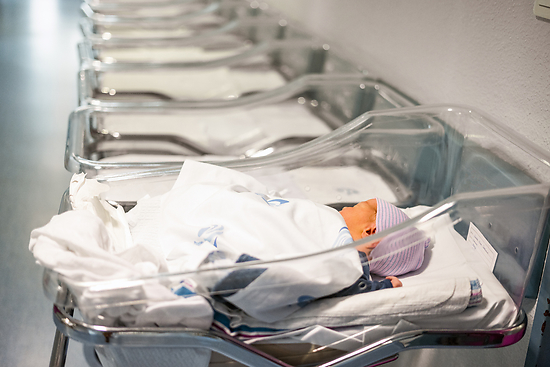Laboratory
BIOSFER
At a Glance
Projects
Publications
Team

© iStockphoto.com/Jacek_Sopotnicki
High-income countries are experiencing both unprecedentedly low and increasingly polarized fertility with growing social gradients in childbearing. Key theories on fertility patterns are based on the empirical observation that until recently fertility remained comparatively high in gender-egalitarian countries with strong support for families. Since 2010 many of the countries that provided evidence for such theories have reached record-low fertility. This confronts the scientific paradigm of the key drivers of fertility. Detailed Description
The project BIOSFER is a collaboration of the Max-Planck-Institute for Demographic Research (MPIDR), the Norwegian Institute of Public Health (NIPH) and Aarhus University (AU).
Selected Publications
Hellstrand, J.; Nisén, J.; Myrskylä, M.:
European Sociological Review, 1–18. (2024)

Gaml-Sørensen, A.; Hjorth Thomsen, A.; Søgaard Tøttenborg, S.; Brix, N.; Sørig Hougaard, K.; Toft, G.; Håberg, S. E.; Myrskylä, M.; Bonde, J. P.; Ramlau-Hansen, C. H.:
Human Reproduction 39:1, 219–231. (2024)

Büyükkeçeci, Z.; Kühn, M.; Håberg, S. E.; Ramlau-Hansen, C. H.; Myrskylä, M.:
MPIDR Working Paper WP-2024-012. (2024)

Beck, K. C.; Hellstrand, J.; Myrskylä, M.:
MPIDR Working Paper WP-2024-009. (2024)

Forthcoming Publication
Schubert, H.-A.; Dudel, C.; Kolobova, M.; Myrskylä, M.:
MPIDR Working Paper WP-2023-022. (2023)

